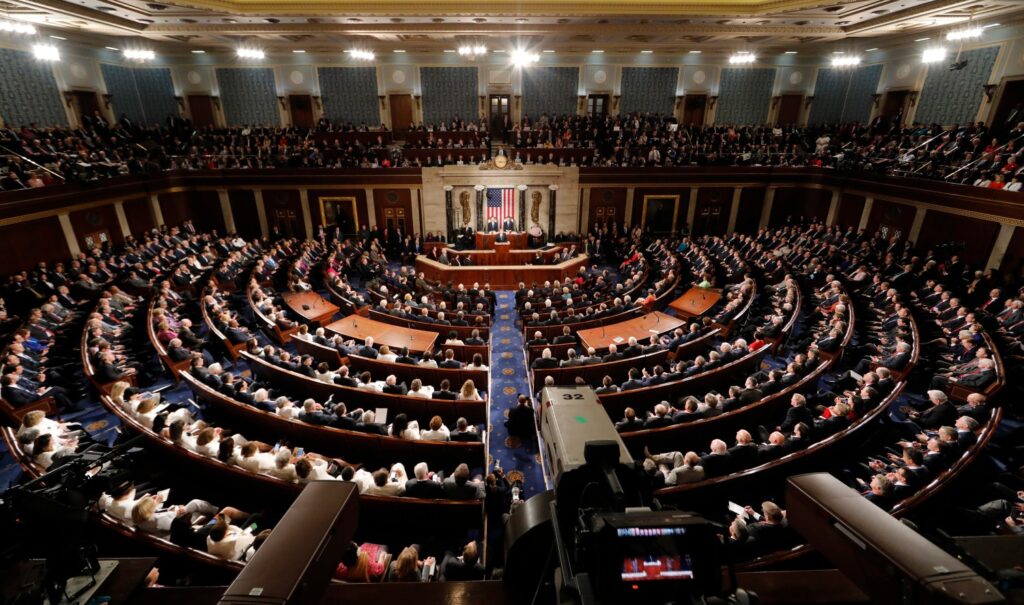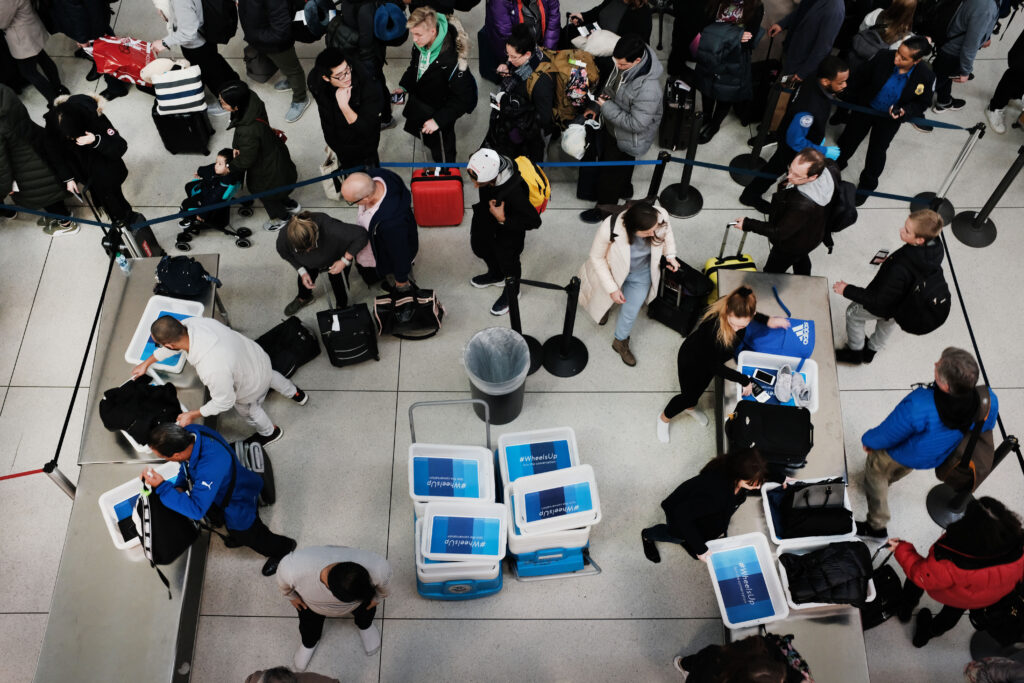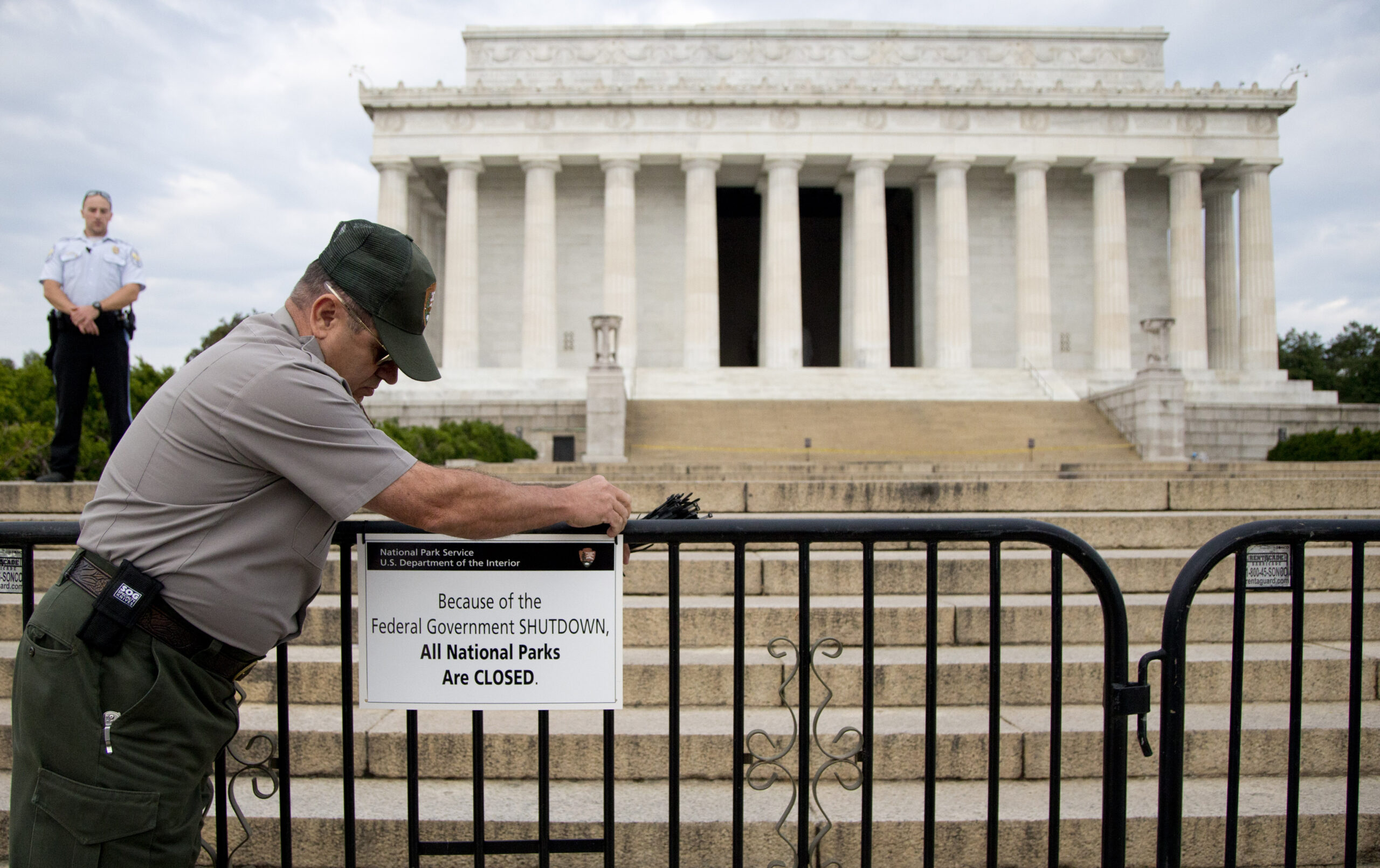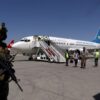It’s been a big week for US politics. On September 30, a Federal Government shutdown was narrowly avoided by a last-minute funding stopgap that has delayed the problem until November 17.
The situation was front page news across several aviation websites – but you might still be wondering, why?
As is often the case, politics and aviation don’t mix. Until they do. And then we’re forced to take notice – this one of those times. There was widespread concern for what a shutdown might mean for the US aviation sector, and some of those problems could cause a real hangover.
With the problem delayed, but not gone, we may find ourselves in the exact same position again come November. Here’s a look at what is giving the issues wings (pun only slightly intended).
How can the Federal government just ‘shut down?’
A shutdown happens when Congress doesn’t approve funding for the Federal Government by the time the new fiscal year kicks off on October 1.
The crisis can temporarily be averted by a short-term funding bill which is what has just happened. But it only buys more time.
If a shut-down goes ahead, various government operations grind to a screeching halt. The world won’t end (essential services continue) but federal agencies (including the FAA) are left scrambling without funding. They need to rely on contingency procedures including furloughing staff or relying on them to work for a period of time with no pay.

Congress now have until November 17 reach a funding agreement.
Staffing
The impact on of a shut-down would primarily impact two large groups of aviation professionals – TSA staff and Air Traffic Controllers. Then of course, there’s the FAA itself…
TSA
TSA workers are federal employees, and work for the Department of Homeland Security. There’s 47,000 of them and they’re responsible for screening passengers and baggage at 450 of the nation’s airports along with other essential functions such as air marshals.
During a shutdown, they won’t get paid. There is fear of what the impact will be on the US NAS, if they (understandably) don’t want to work.
The TSA itself has allayed some fears with a recent statement. Essentially a commitment that their staff will continue working. While admirable, they are human – one shutdown once lasted well over a month . If similar occurred, how long we can rely on this promise isn’t known as the strain grows.

TSA workers would face working for a period of time without pay if a shutdown occurs.
ATC
The majority of 14,000 controllers in the US work for the FAA, and so are also federal employees.
The impact of an extended period without pay could be significant – not to mention contributing greatly to a system known to be heavily burdened by staff shortages already.
Planes aren’t about to start flying into each other. But a major consequence of a shutdown is that the FAA would send home 1,000 controllers currently in training.
And we need them. Right now, the US is about 3000 controllers short of the mark. And the goal of recruiting an extra 1800 in the next year and half could become extremely optimistic. This shortage has been well publicized, and a shutdown would like exacerbate the problem.

A shutdown threatens to postpone the training of more than a thousand controllers that are sorely needed.
Don’t forget about the FAA, either.
It never rains, but it pours.
The FAA has been dealing with a double whammy. Asides from the uncertainty of a Federal Government hiatus, it’s five-year funding bill has also expired.
A temporary re-authorization has scared the wolf away from the door, but it cannot operate properly without cashflow. And various disputes over pilot retirement age and minimum experience requirements has tapped the brakes on the entire process.
It’s a very complex agency and a suspension of its functions will take a long time to recover from for all of us.
Lessons Learnt
Federal Government Shutdowns have happened before – the most recent was in 2018 and lasted for 35 days.
There were several impacts on aviation that the NBAA usefully summarized in their article here. It likely serves as a preview of what we can expect again should a funding agreement not be reached in the new deadline in November.
More on the topic:
- More: US FAA: Who wants to land on the runway?
- More: US FAA: Swift Move to Improve Flight Tracking Privacy
- More: Updated FAA Oceanic Guides
- More: The FAA Northeast Corridor Atlantic Coast Routes Project
- More: The Hot Topic of Hot Spots
More reading:
- Latest: Teterboro: RIP the RUUDY SIX
- Latest: 400% increase in GPS Spoofing; Workgroup established
- Latest: GPS Spoofing WorkGroup 2024
- Safe Airspace: Risk Database
- Weekly Ops Bulletin: Subscribe
- Membership plans: Why join OPSGROUP?











 Get the famous weekly
Get the famous weekly 





